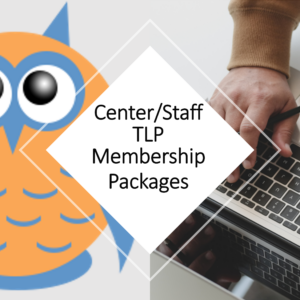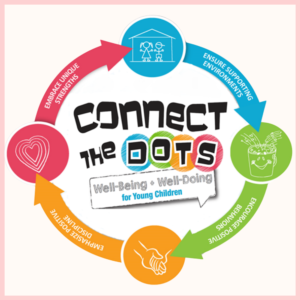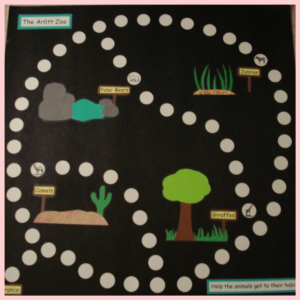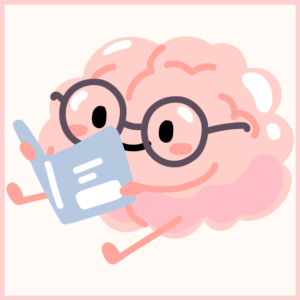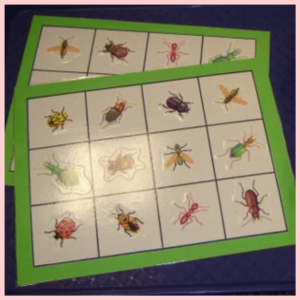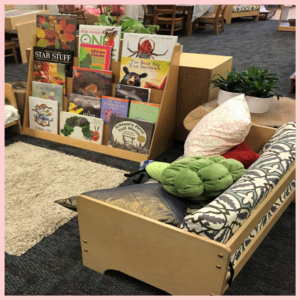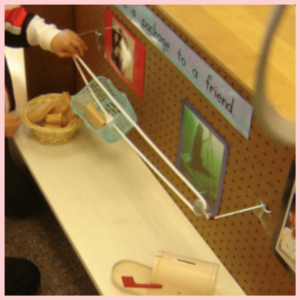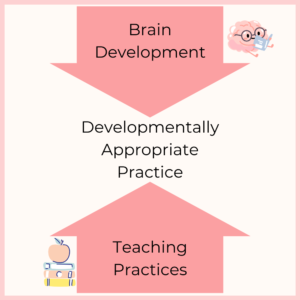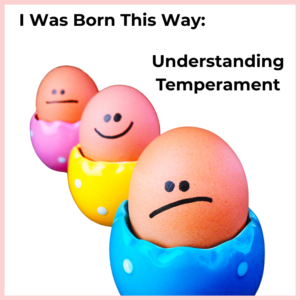Authentic Assessment in Action: Strategies for Preschool Educators
$30.00Enroll now!
This course is ideal for preschool classroom staff, program administrators, and educators working with special needs children who are keen to refine their assessment techniques and improve educational outcomes. Enroll today to enhance your professional skills and make a lasting impact in your classroom!
What you will learn:
- Core concepts and objectives of authentic assessment in preschool environments.
- Techniques to overcome common challenges, such as minimal evidence collection and biases in assessment.
- Methods for utilizing assessment results to inform individualized teaching and lesson planning.
- Strategies for applying culturally responsive and strengths-based assessment approaches.


